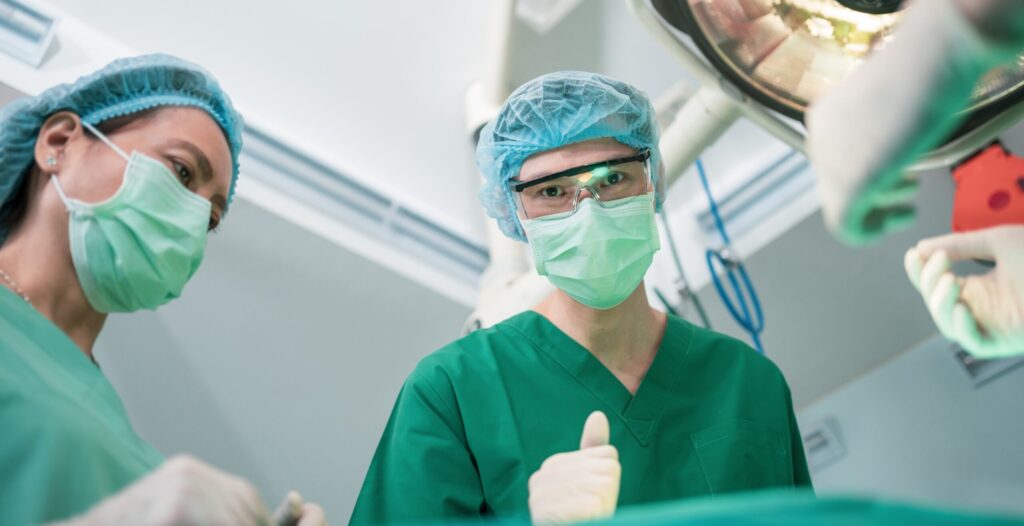Mohs micrographic surgery is a specialized technique for removing skin cancer while preserving as much healthy tissue as possible. One common concern among patients undergoing Mohs surgery is whether their surgeon can also perform reconstruction following the removal of cancerous tissue. Let’s explore this topic further to understand the capabilities of Mohs surgeons in reconstruction procedures.
Expertise in Mohs Surgery
Mohs surgeons are highly trained dermatologists or dermatologic surgeons who specialize in Mohs micrographic surgery. Their primary focus is on meticulously removing cancerous tissue layer by layer and examining each layer under a microscope until no cancer cells remain. This expertise in tumor removal is essential for achieving optimal outcomes in skin cancer treatment.
Training and Credentials
Mohs surgeons undergo additional training in reconstructive techniques, including linear closures, skin flaps and skin grafting procedures. This allows Mohs surgeons to perform both tumor removal and reconstruction procedures. These surgeons may have dual expertise in Mohs surgery and reconstructive surgery, enabling them to address both aspects of treatment seamlessly.
Collaborative Approach
While Mohs surgeons excel in tumor removal, reconstruction procedures often require specialized skills in plastic or reconstructive surgery. In many cases, Mohs surgeons work collaboratively with plastic surgeons or other specialists to provide comprehensive care to patients. This collaborative approach ensures that patients receive the best possible results both in terms of cancer removal and aesthetic outcomes.
Patient-Centered Care
Regardless of whether your Mohs surgeon performs reconstruction or collaborates with other specialists, the priority is always patient-centered care. Your surgeon will discuss your treatment options and preferences, taking into account factors such as the size and location of the tumor, your overall health, and your aesthetic goals. Together, you will decide on the most appropriate approach to achieve the best possible outcome.
Coordination of Care
If reconstruction is needed after Mohs surgery, your Mohs surgeon will work closely with the reconstructive surgeon to ensure continuity of care. This coordination may involve scheduling consecutive procedures or arranging for follow-up appointments to monitor healing and address any concerns.
Optimizing Results
Whether reconstruction is performed by the Mohs surgeon or a collaborating specialist, the goal is to optimize both functional and cosmetic outcomes. Your surgeon will utilize advanced techniques and technologies to achieve natural-looking results while preserving function and minimizing scarring.
Postoperative Care and Follow-Up
Following reconstruction, your surgeon will provide detailed instructions for postoperative care and schedule follow-up appointments to monitor your progress. It’s essential to follow these instructions diligently and attend all follow-up visits to ensure proper healing and satisfactory results.
In conclusion, while Mohs surgeons are trained in tumor removal as well as in reconstruction, or they work collaboratively with reconstructive specialists to provide comprehensive care to patients. Whether your Mohs surgeon performs reconstruction or collaborates with other specialists, the priority is always achieving the best possible outcomes for your skin cancer treatment. By discussing your options with your surgeon and actively participating in your care, you can feel confident in your treatment plan and the expertise of your healthcare team.

